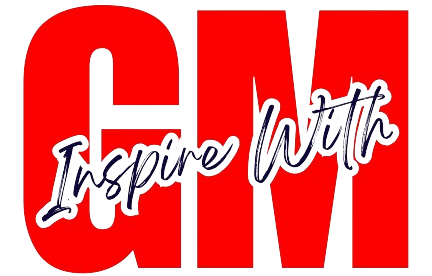Introduction:
While technical competencies and enjoyment are important attributes in a candidate, a regularly underestimated but powerful issue performs a pivotal function in a hit interview—emotional intelligence (EI). As groups understand the effect of tender capabilities on crew dynamics and average achievement, understanding and comparing emotional intelligence throughout interviews have emerged as important. In this blog, we’ll delve into the significance of emotional intelligence and the way it shapes the dynamics of an interview for both the candidate and the interviewer.
Definition of Emotional Intelligence:
Emotional intelligence refers back to the capacity to recognize, apprehend, manage, and make use of one’s own emotions and effectively navigate the feelings of others. It encompasses self-consciousness, self-regulation, empathy, motivation, and social capabilities.
Self-Awareness as the Foundation:
Successful interviews begin with self-focus. Candidates with an excessive level of emotional intelligence
are in song with their very own strengths, weaknesses, and feelings. This self-consciousness permits them to present a real and real picture at some point of interviews, main to a greater obvious and open
interplay.
The Impact of Self-Regulation:
Navigating the frequently worrying and challenging surroundings of an interview requires a candidate to
show off self-regulation. Emotional intelligence empowers individuals to manage stress, manipulate impulses, and remain composed. Candidates who can adjust their feelings effectively are much more likely to address surprising questions or conditions with grace.
Empathy and Connection:
Empathy, a cornerstone of emotional intelligence, is critical in interviews. Candidates who can
apprehend and hook up with the views, feelings, and desires of the interviewer are higher
positioned to construct rapport. This connection is going beyond the change of facts and fosters a
high-quality affect.
Motivation and Drive:
Motivation is a key element of emotional intelligence. Candidates driven by using internal motivation are
much more likely to bring ardor, enthusiasm, and commitment at some stage in interviews. Interviewers can gauge this intrinsic motivation with the aid of exploring the candidate’s career dreams, values, and the alignment of their aspirations with the business enterprise.
Effective Communication through Social Skills:
Social capabilities play a great function in effective verbal exchange. Candidates with excessive emotional
intelligence possess sturdy social capabilities, allowing them to articulate their thoughts certainly, navigate social nuances, and adapt their conversation fashion to one-of-a-kind situations. This fosters smooth and impactful communication during interviews.
Handling Behavioral Questions with Emotional Intelligence:
Behavioral questions are designed to elicit examples from a candidate beyond studies. Candidates
with emotional intelligence can successfully communicate their contributions, challenges, and learnings
from these reviews, imparting interviewers with treasured insights into their capacity to navigate real–
global conditions.
Resilience inside the Face of Setbacks:
The professional journey regularly consists of setbacks and demanding situations. Emotional intelligence equips applicants with the resilience to get better from screw-ups, study from reports, and adapt.
Interviewers can determine this resilience by exploring how candidates manage questions about overcoming boundaries or learning from errors.
Conclusion:
In the evolving landscape of recruitment, emotional intelligence has emerged as a critical element in
determining a candidate’s potential for success. Interviews are not merely a checklist of qualifications
and reviews; they’re dynamic interactions that require a mix of technical prowess and tender skills.
By recognizing the function of emotional intelligence in a hit interviews, both applicants and
interviewers can make contributions to a greater true, positive, and jointly useful system. As
companies strive to construct groups that thrive on collaboration and know-how, setting a highlight on
emotional intelligence during interviews becomes not only a preference however a strategic vital.

















